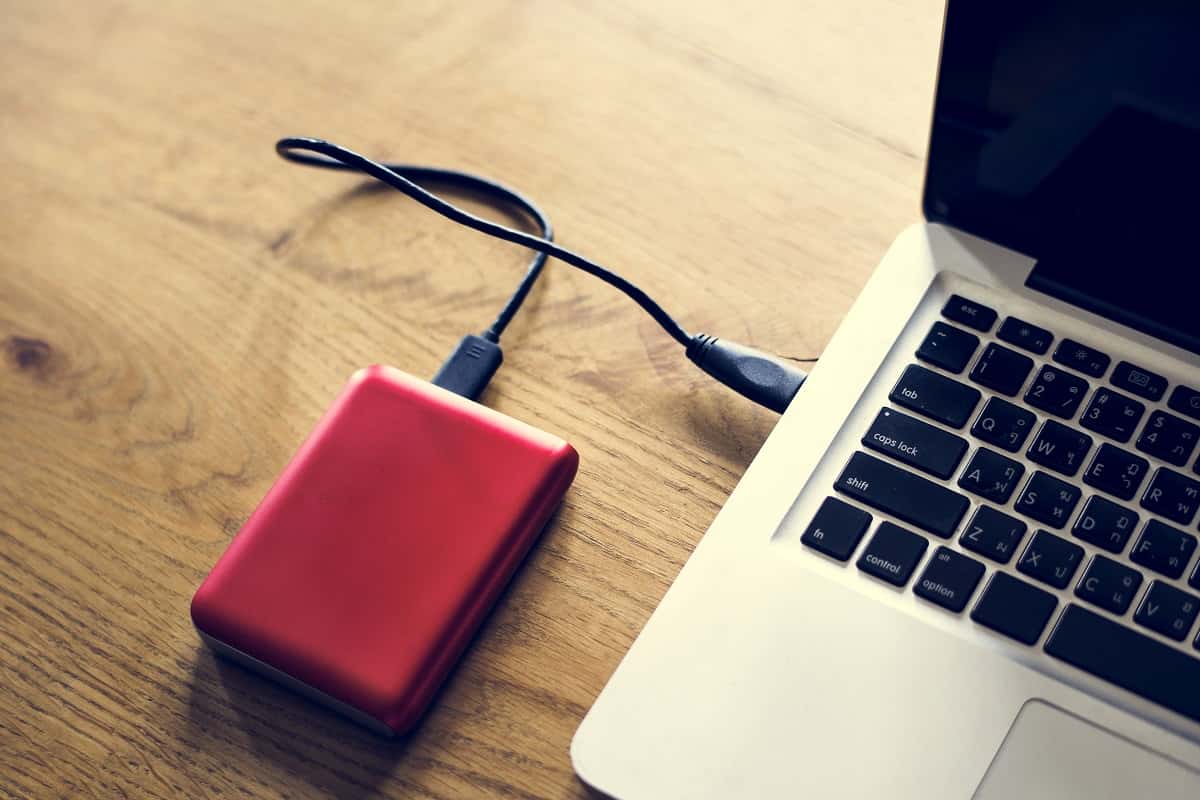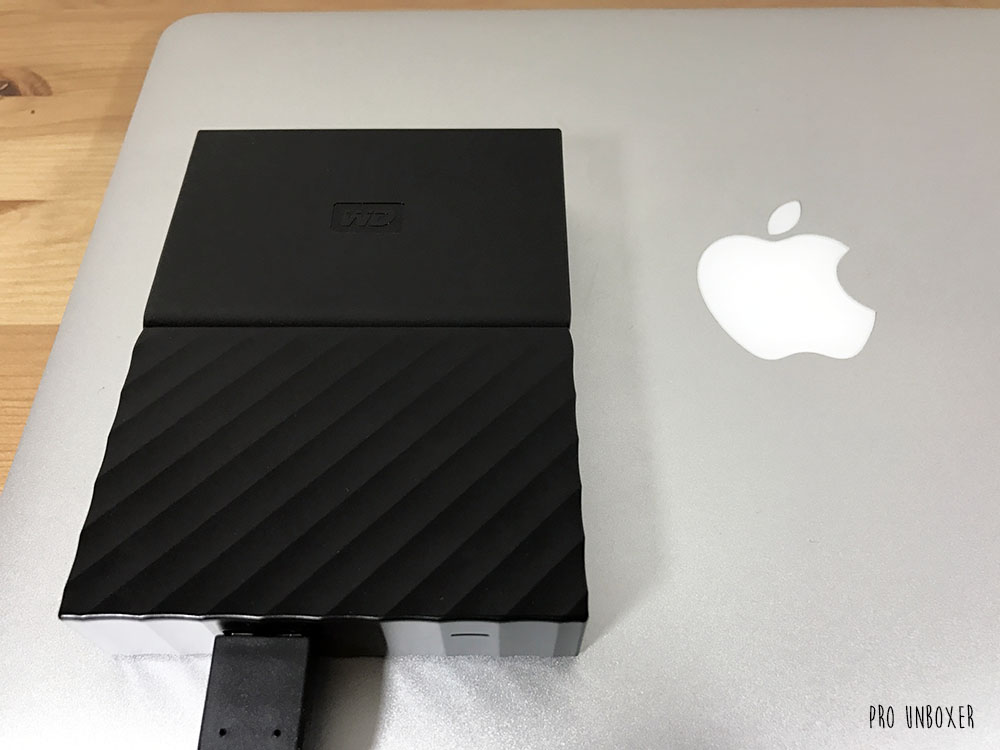

- MY PASSPORT FOR MAC DOESN'T WORK ON PC HOW TO
- MY PASSPORT FOR MAC DOESN'T WORK ON PC INSTALL
- MY PASSPORT FOR MAC DOESN'T WORK ON PC DRIVERS
- MY PASSPORT FOR MAC DOESN'T WORK ON PC FOR WINDOWS 10
- MY PASSPORT FOR MAC DOESN'T WORK ON PC WINDOWS 10
Please read Recover Data From Disk Shows As Unknown Without Damaging It to learn how to fix this. I did the trial of the Seagate Recovery Suite and was able to see all my files listed, I was just hoping to not have to pay to recover the data (if that's what it boils down to, so be it). I have not tested on another computer, but I have tested with a different USB cable and was able to connect two other external drives. When I connect the drive, it shows in Disk Management and the Safely Remove Hardware icon, but I can't get it to populate in File Explorer.
MY PASSPORT FOR MAC DOESN'T WORK ON PC WINDOWS 10
Running Windows 10 on an Asus K55N and connecting a Seagate Free Agent Go Flex Desk 2TB external drive. I know there are a million posts about this issue, but I haven't come across one that fixed my issue and I really don't want to have to shell out a ton of money recovering my data. Seagate external hard drive not showing up.

This is what people described as external hard disk detected but not showing in My Computer. If you find the external hard disk showing up in Disk Management as unallocated/not initialized/offline, it would be easy to fix the external hard drive not recognized problem (refer to Method 2: Check & Fix the Drive in Disk Management below).
MY PASSPORT FOR MAC DOESN'T WORK ON PC DRIVERS
Method 10: Repair the System Built-in Drivers.
MY PASSPORT FOR MAC DOESN'T WORK ON PC INSTALL
Method 9: Install the Latest Chipset Drivers for Motherboard.Method 8: Disable USB Selective Suspend Setting.Method 7: Install the Latest Windows Updates.Bonus Tip: How to Recover Files from External Hard Drive Not Detected.Method 2: Check & Fix the Drive in Disk Management.Method 1: Turn to Different USB Port or Computer.It also doesn't integrate with Windows File Explorer-files are available in the HFSExplorer application, and you must copy them elsewhere. Note that HFSExplorer is read-only, so you can't modify or delete files on your Mac drive. You can then extract files from the HFSExplorer window to your Windows drive. HFSExplorer can automatically locate any connected devices with HFS+ file systems and open them. Connect your Mac-formatted drive to your Windows system, open HFSExplorer, and click File > Load File System From Device. You also need to run the app as an Admin. We generally recommend against having Java installed, but it's necessary here unless you want to spend money. The developer hasn't updated it since October 2015 due to the arrival of APFS, but it still works on older systems. You can use it to access Mac file systems from Windows without paying a dime.
MY PASSPORT FOR MAC DOESN'T WORK ON PC FOR WINDOWS 10
It adds several extra features, including automatic file defragmentation, support for RAID setups, and a way to create Mac ISO files.ĭownload: MacDrive for Windows 10 ($49.99) Other useful features include the ability to create and partition Mac disks direct from your PC, a powerful disk repair feature, and robust security tools.

You will also be able to see your APFS or HFS+ drive directly within File Explorer, allowing easy integration with the rest of the Windows operating system. It acts as a hub for all the Mac drives connected to Windows. The app is focused on the freshly redesigned Disk Management Window. Unlike some options, MacDrive lets you read and write data to your Mac-formatted drive directly from Windows. The app works with APFS drives and HFS+ drives. If you're prepared to spend some money, you don't need to look elsewhere. The first version was released way back in 1996. MacDrive has been one of the go-to apps for a long time.


 0 kommentar(er)
0 kommentar(er)
